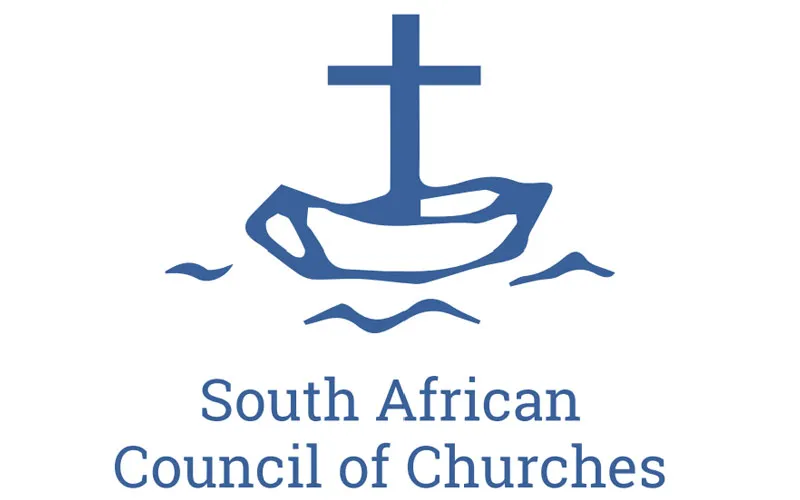Johannesburg, 29 January, 2022 / 3:30 pm (ACI Africa).
Church leaders in South Africa are calling for a national dialogue to address xenophobic tendencies in the country saying the negative attitude of South Africans towards migrants is perennial.
The call by members of the South African Council of Churches (SACC) who include representatives of Catholic Bishops in South Africa comes in the wake of Operation Dudula, a group that is carrying out a “clean up” campaign under the leadership of the South African National Civic Organization and Community Policing Forum. Members of Operation Dudula target foreign nationals by evicting them from their rented homes and informal trading stalls.
In a statement published January 21, SACC General Secretary says there have been “murmurings about foreign nationals ‘stealing the jobs’ earmarked for local nationals have been growing in mass for years.”
“SACC proposes a national Indaba (dialogue) to include all sectors that have an interest in this matter, including the representative bodies of foreign nationals; for all to look into various issues concerning foreign nationals in the country,” Bishop Malusi Mpumlwana says on behalf of SACC members.
The official of the organization that includes representatives of the Southern African Catholic Bishops’ Conference (SACBC) says that currently, “there are voice notes doing the rounds giving deadlines for the removal of mainly Africans from elsewhere in the continent; and in Johannesburg there is the much more organized ‘Operation Dudula.’”








